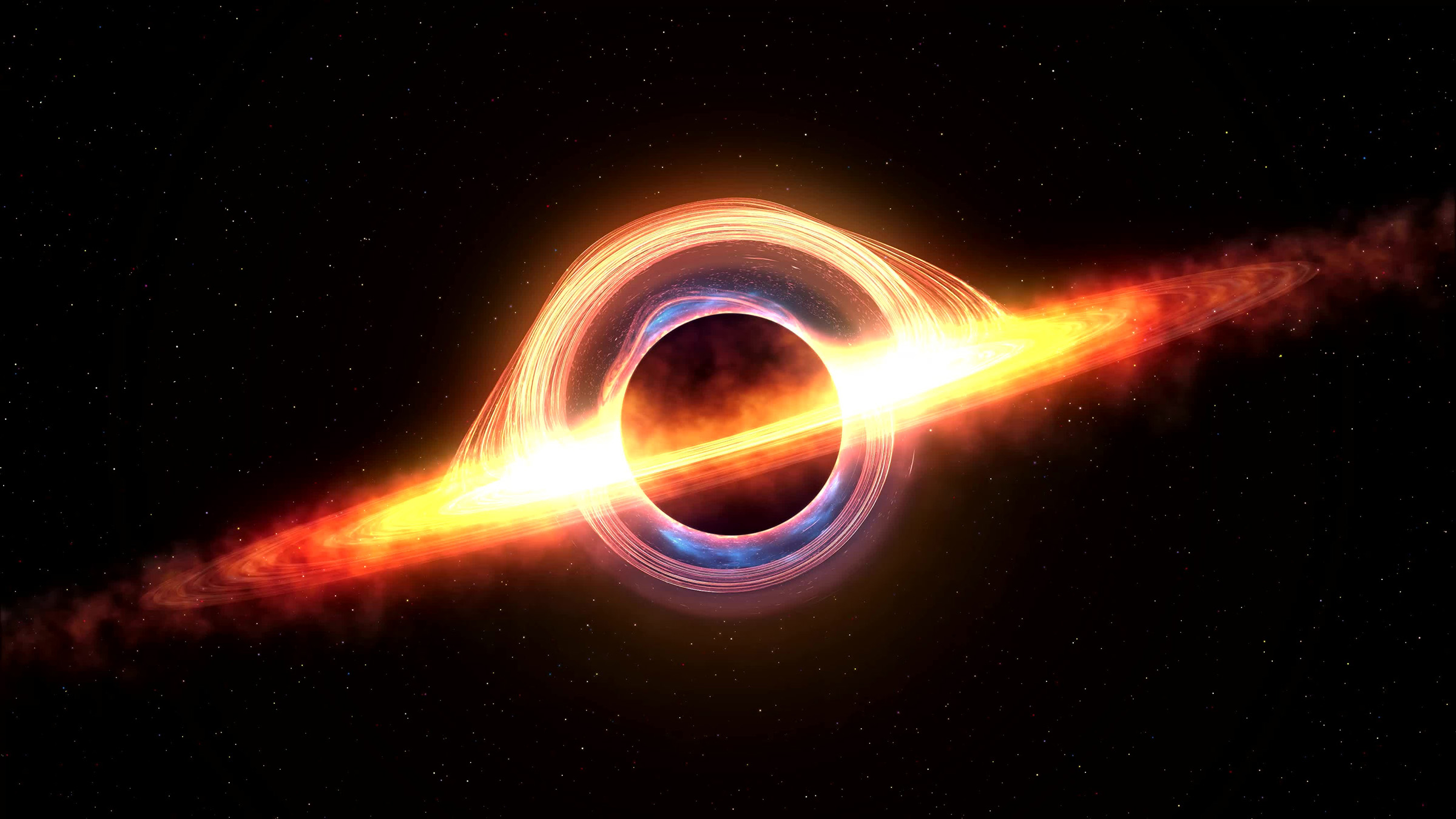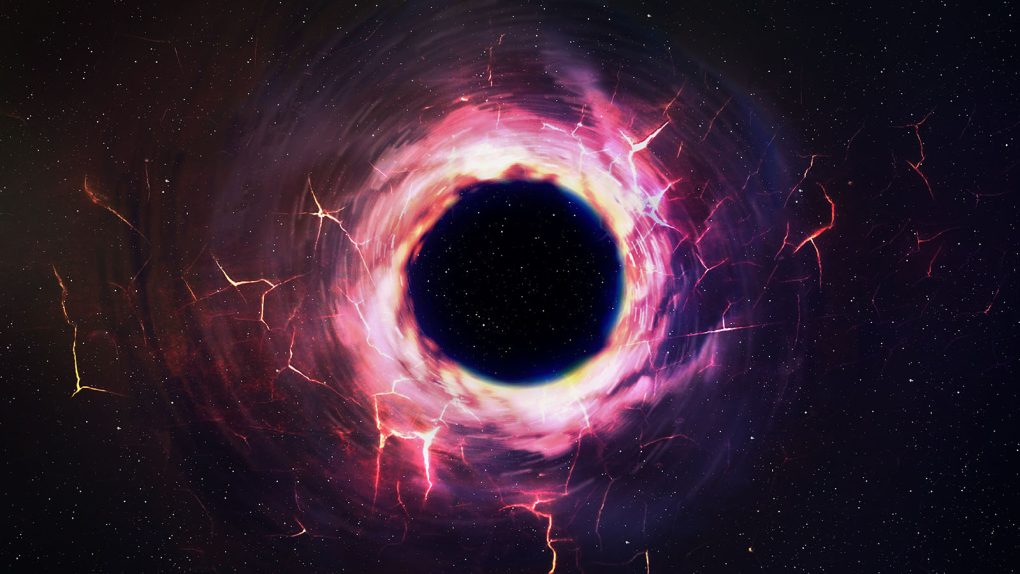A group of researchers recently simulated the event horizon of a man-made black hole in a lab. The new analog could help us learn more about the elusive radiation that is believed to be emitted by real black holes out in space.
Black holes are by far one of the most mysterious objects in space. While we have captured images of black holes, they are all grainy and lacking detail. That’s because the light of space literally bends around these void-like entities, making it hard to observe them. But, with this new man-made black hole, scientists could be able to get a closer look.
The researchers were finally able to observe the equivalent of what we know as Hawking radiation, a group of particles born from the quantum fluctuations that are caused by a black hole when it breaks through spacetime. These observations from the man-made black hole could help resolve some tension between two working frameworks, the researchers say.

The first framework is the general theory of relativity, which describes gravity’s behavior as a continuous field known as spacetime. The second framework is quantum mechanics, which describes the behavior of discrete particles using the mathematics of probability, according to ScienceAlert. The hope is that simulating a man-made black hole will help us combine these two theories.
If we can do that, it could provide us with a deeper understanding of how the universe works. That, in and of itself, could also provide us with more details about how black holes work, which may even help scientists determine the difference between wormholes and black holes. The effect of this man-made black hole produced a temperature rise that matches the theoretical expectations of a black hole system.
The fake event horizon even showed signs of glowing in the lab where the researchers created it. It’s an intriguing bit of research, to be sure. You can read more of the study in Physical Review Research.








